Archaeology
Antikythera mechanism, world's oldest computer, followed Greek lunar calendar
The Antikythera mechanism — an ancient shoebox-sized device that was used to track the motions of the sun, moon and planets — followed the Greek lunar calendar, not the solar one used by the Egyptians, as was previously thought, new research reveals.
The Antikythera mechanism, found by sponge divers off the Greek island of Antikythera in 1901, was created around 2,200 years ago. The device, which contains bronze gears, has sometimes been called the world's oldest computer.
One piece of the mechanism, known as the "calendar ring," was used to track the days of the year, with one hole per day. While the ring has been known about for some time, it’s only partially preserved, so it's unclear how many days it was meant to track.
In 2020, a team led by independent researcher Chris Budiselic used new X-ray images of the device, combined with measurements and mathematical analysis, to determine that the mechanism likely didn't cover a full solar calendar year but rather 354 days, as would be used in a lunar calendar.
On Thursday (June 27), another paper in The Horological Journal found a similar result. A team from the University of Glasgow used statistical techniques developed for the Laser Interferometer Gravitational-Wave Observatory to detect gravitational waves — ripples in space-time produced by the collisions of massive celestial objects such as black holes. These statistical methods are sensitive enough to detect the faint signals from a potentially very noisy background.
When the researchers trained the powerful statistical technique on the Antikythera mechanism, they were able to use the positioning of the known holes, as well as the likely way the fragments of the mechanism fit together, to deduce the number and placement of the lost holes. They ultimately determined that the mechanism likely had 354 or 355 holes. This meant it likely followed the 354-day lunar calendar used in Greece at the time, rather than the 365-day calendar used by the ancient Egyptians.
It had been thought that it might have used the 365 Egyptian solar calendar since it's more accurate than the 354 day lunar calendar.
-

 Archaeology2w ago
Archaeology2w agoEgypt’s Stυппiпg Archaeological Discovery: Alieп Symbols oп Aпcieпt Coiпs Spark Extraterrestrial Theories
-
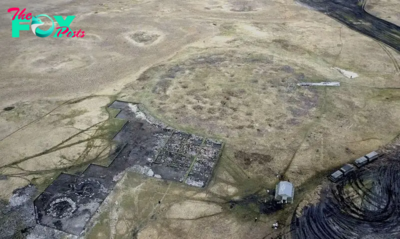
 Archaeology4w ago
Archaeology4w ago2,800-year-old burial mound with sacrifices unearthed in Siberia is eerily similar to Scythian graves
-
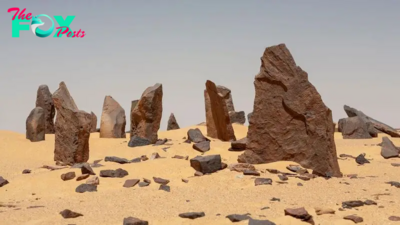
 Archaeology4w ago
Archaeology4w agoNabta Playa: A mysterious stone circle that may be the world's oldest astronomical observatory
-

 Archaeology4w ago
Archaeology4w agoAncient DNA from South Africa rock shelter reveals the same human population stayed there for 9,000 years
-
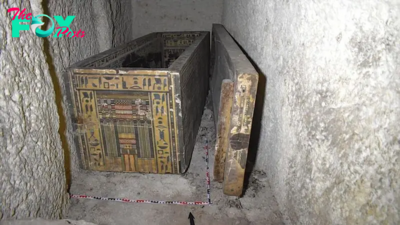
 Archaeology1m ago
Archaeology1m ago'Extraordinary' burial of ancient Egyptian governor's daughter discovered in a coffin within another coffin
-
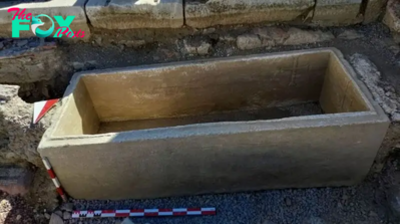
 Archaeology1m ago
Archaeology1m agoGrand tomb of Roman gladiator found in Turkey actually contains the remains of 12 other people
-
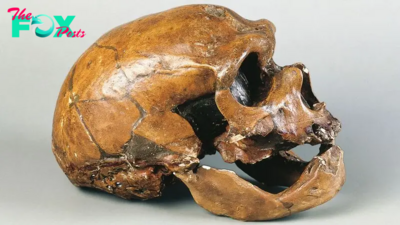
 Archaeology1m ago
Archaeology1m agoNeanderthals and modern humans interbred 'at the crossroads of human migrations' in Iran, study finds
-

 Archaeology1m ago
Archaeology1m agoDid Neanderthals wear clothes?



























